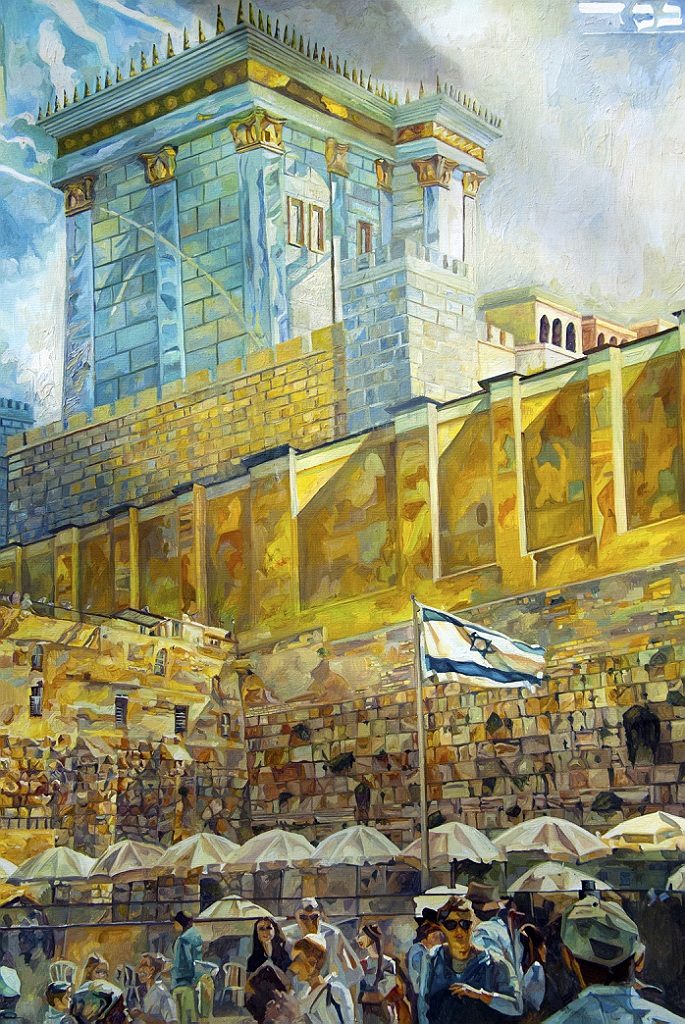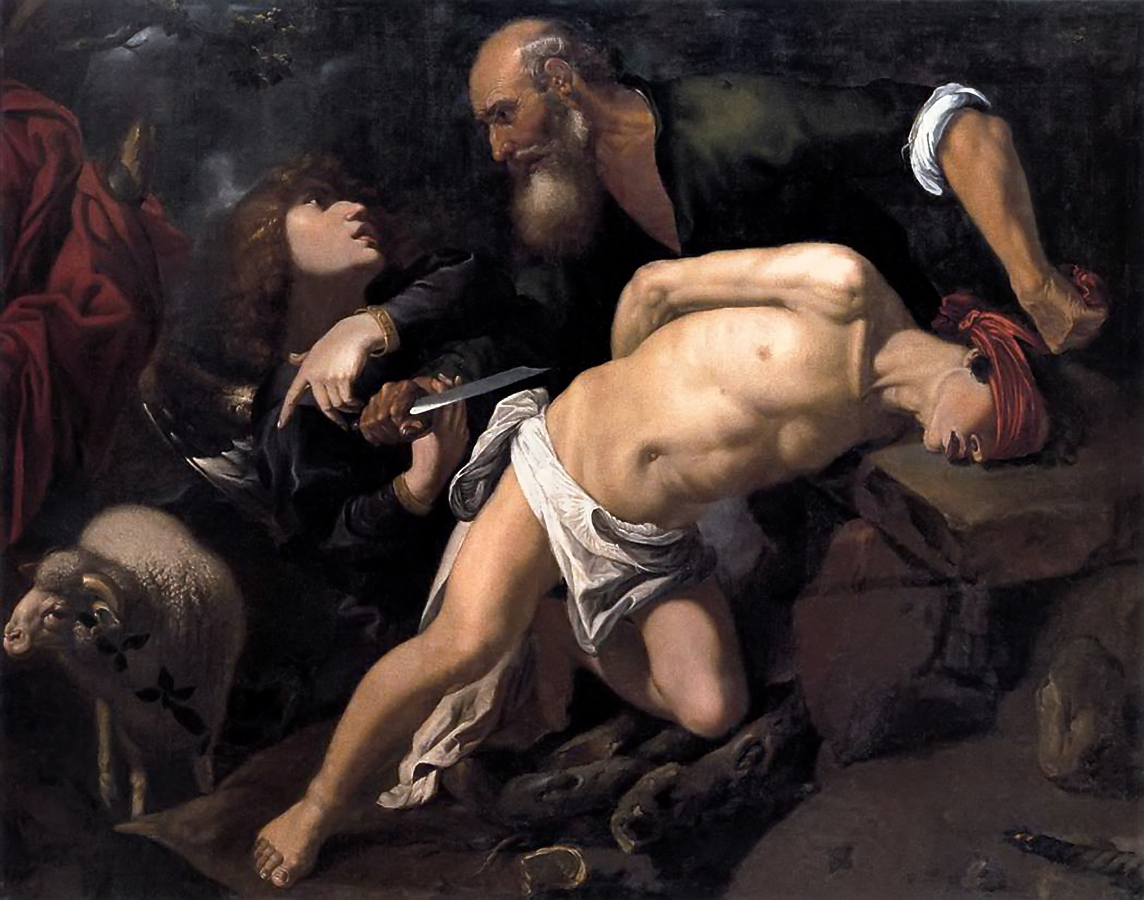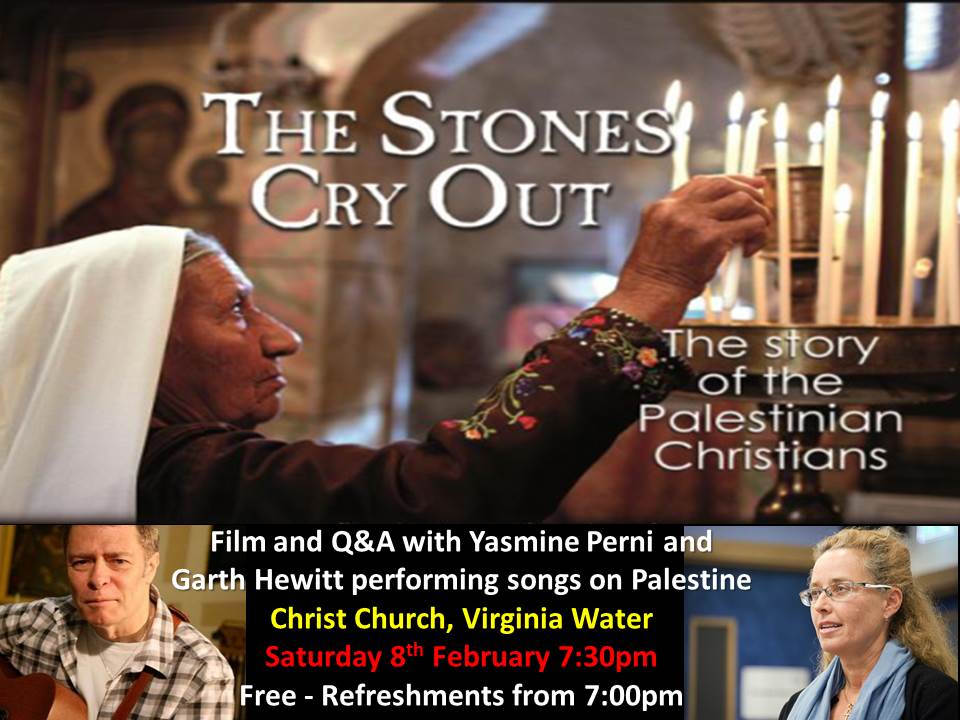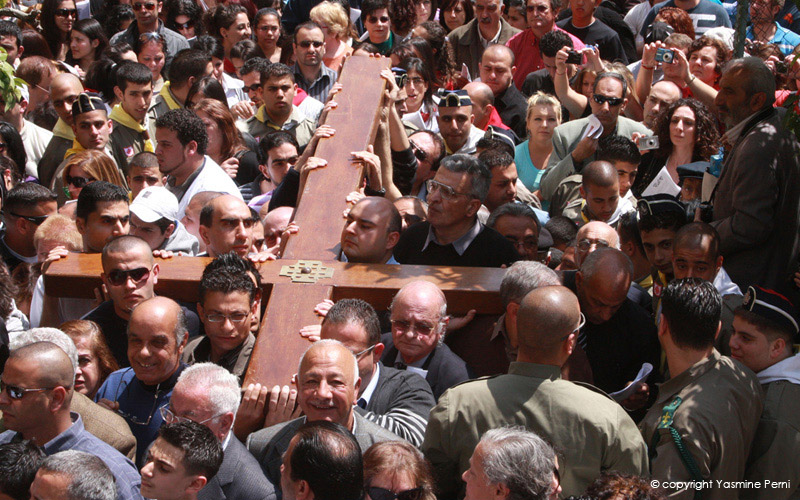 Have you seen the weather forecast for this week? Temperatures will be dropping to – 60 degrees centigrade. Winds exceeding 100 mph. No sunlight for months on end. Imagine surviving in those conditions without shelter, without heat, without clothes. Its hard to believe but some do, indeed they have adapted and thrive in such conditions. Every aspect of the Emperor Penguin’s life is tough, for the bird is the southernmost species and breeds on the ice-bound Antarctic land mass. What it takes to do this is remarkable.
Have you seen the weather forecast for this week? Temperatures will be dropping to – 60 degrees centigrade. Winds exceeding 100 mph. No sunlight for months on end. Imagine surviving in those conditions without shelter, without heat, without clothes. Its hard to believe but some do, indeed they have adapted and thrive in such conditions. Every aspect of the Emperor Penguin’s life is tough, for the bird is the southernmost species and breeds on the ice-bound Antarctic land mass. What it takes to do this is remarkable.
At the end of the Antarctic summer, in March, the birds flop out of the Southern Ocean where they have been assiduously stuffing themselves, and begin a long trek to their mating grounds, up to 70 miles away. Thousands gradually come together, tramping over the ice in long single files like patrols of infantry. But that’s only the beginning. After courtship and pairing, the female bird produces a single egg, and then one of nature’s great curtains comes down.
A six-month [winter] dark descends, and the temperature drops with it, to minus 60 and [lower] – and the female bird departs. She has gone without food for so long – and the effort of producing the egg has been so great – that she must return to the sea to feed. The task of incubating the egg, in the harshest conditions on earth, falls to the males. When blizzards arrive, with 100 mph winds in a nightmare of [24 hour] frozen dark, [they] huddle round together in great groups to keep a minimum of warmth…
Most survive, and so do their eggs, kept secure and warm in a fold of abdominal skin just above their feet. After 60 days of this, the eggs hatch. The male then feeds the tiny chick at first with a milky substance, then eventually the female returns to take over, recognising her mate by call. How do the penguins survive 100 mph winds and -60 degree temperatures? By taking turns at standing on the outer edge of the crowd where it is coldest, and then moving back in to the relative warmth and shelter of the huddle.
It seems to me to be a vivid natural illustration of what God intends human society to be. A supernatural window on what his Covenant people, the Church, have been called to be, to show those who are spiritually cold, lost and alone in the dark, how to find the way home to the warmth, the comfort and light of the Father’s embrace.
God’s rescue plan for the world began a long time ago with Abraham. From Abraham, God was going to build a family of faith who would become an entire nation who in turn would lead the whole world back to God. That is the context for the covenant God makes with Abraham in Genesis 17. Our series is entitled “What Abraham Discovered” and today our theme is “El Shaddai – the God who Covenants.” Lets explore the passage and ask three questions:
- What did the Covenant mean for Abraham?
- What did the Covenant mean for God’s people?
- What does the Covenant mean for us today?
El Shaddai: The God Who Covenants from Stephen Sizer on Vimeo.
Continue reading →
 Would you like to help make history? South Sudanese Christians have asked for our help to fund the translation of the Christianity Explored course into Arabic.
Would you like to help make history? South Sudanese Christians have asked for our help to fund the translation of the Christianity Explored course into Arabic. Here are photos of some of our adventures introducing Christianity Explored in Uganda, Kenya, Burundi and South Sudan.
Here are photos of some of our adventures introducing Christianity Explored in Uganda, Kenya, Burundi and South Sudan.


 Have you noticed that when a new hotel or commercial building is being constructed, the architects will invariably install large mirrors in the lobby? Ever wondered why? Apparently we complain less when we’re looking at ourselves.
Have you noticed that when a new hotel or commercial building is being constructed, the architects will invariably install large mirrors in the lobby? Ever wondered why? Apparently we complain less when we’re looking at ourselves.

 Our son Michael celebrated his 21st birthday last week. When he was born, five weeks premature, and I held that little bundle of life in my hands for the first time, I didn’t know whether the Lord who had given us a son would take him back again. Although I wasn’t quite as old as Abraham, it was the first time I could really identify with him. Twenty one years later, Mike is taller, more intelligent and more attractive than me.
Our son Michael celebrated his 21st birthday last week. When he was born, five weeks premature, and I held that little bundle of life in my hands for the first time, I didn’t know whether the Lord who had given us a son would take him back again. Although I wasn’t quite as old as Abraham, it was the first time I could really identify with him. Twenty one years later, Mike is taller, more intelligent and more attractive than me.





 The Liberty of Grace – and Why the Church is Persecuted (Galatians 5)
The Liberty of Grace – and Why the Church is Persecuted (Galatians 5) Jesus said, “If you hold to my teaching, you are really my disciples. Then you will know the truth, and the truth will set you free.” (John 8:31-32). But the truth is dangerous for many in our world today. And Christians in the South and East, it seems, are willing to pay the price to stand for Jesus. Yet in the West, we have domesticated Him. We don’t necessarily see the link between truth and freedom. We probably don’t experience opposition to our faith on a daily basis. So we take freedom for granted and we are liable to compromise the truth. When was the last time you brought Jesus into a conversation at a dinner party or meal with friends or neighbours? Die for Jesus on the streets of Virginia Water? I don’t think so. Hard to imagine. In November each year, we pause for two minutes silence to remember the names of people from Virginia Water who gave their lives to preserve our freedoms and defend us from fascism and totalitarianism. Imagine if those lists were the names of Christian brothers and sisters from our church family who had given their lives in the service of Christ? Would we honour them differently? What of those Christ followers in Syria, Iraq, Iran, North Korea, and many parts of the world, for whom the persecution Paul writes of in our passage today is the norm. Can we take it for granted that it won’t happen in our country?
Jesus said, “If you hold to my teaching, you are really my disciples. Then you will know the truth, and the truth will set you free.” (John 8:31-32). But the truth is dangerous for many in our world today. And Christians in the South and East, it seems, are willing to pay the price to stand for Jesus. Yet in the West, we have domesticated Him. We don’t necessarily see the link between truth and freedom. We probably don’t experience opposition to our faith on a daily basis. So we take freedom for granted and we are liable to compromise the truth. When was the last time you brought Jesus into a conversation at a dinner party or meal with friends or neighbours? Die for Jesus on the streets of Virginia Water? I don’t think so. Hard to imagine. In November each year, we pause for two minutes silence to remember the names of people from Virginia Water who gave their lives to preserve our freedoms and defend us from fascism and totalitarianism. Imagine if those lists were the names of Christian brothers and sisters from our church family who had given their lives in the service of Christ? Would we honour them differently? What of those Christ followers in Syria, Iraq, Iran, North Korea, and many parts of the world, for whom the persecution Paul writes of in our passage today is the norm. Can we take it for granted that it won’t happen in our country? Have you seen the weather forecast for this week? Temperatures will be dropping to – 60 degrees centigrade. Winds exceeding 100 mph. No sunlight for months on end. Imagine surviving in those conditions without shelter, without heat, without clothes. Its hard to believe but some do, indeed they have adapted and thrive in such conditions. Every aspect of the Emperor Penguin’s life is tough, for the bird is the southernmost species and breeds on the ice-bound Antarctic land mass. What it takes to do this is remarkable.
Have you seen the weather forecast for this week? Temperatures will be dropping to – 60 degrees centigrade. Winds exceeding 100 mph. No sunlight for months on end. Imagine surviving in those conditions without shelter, without heat, without clothes. Its hard to believe but some do, indeed they have adapted and thrive in such conditions. Every aspect of the Emperor Penguin’s life is tough, for the bird is the southernmost species and breeds on the ice-bound Antarctic land mass. What it takes to do this is remarkable.